

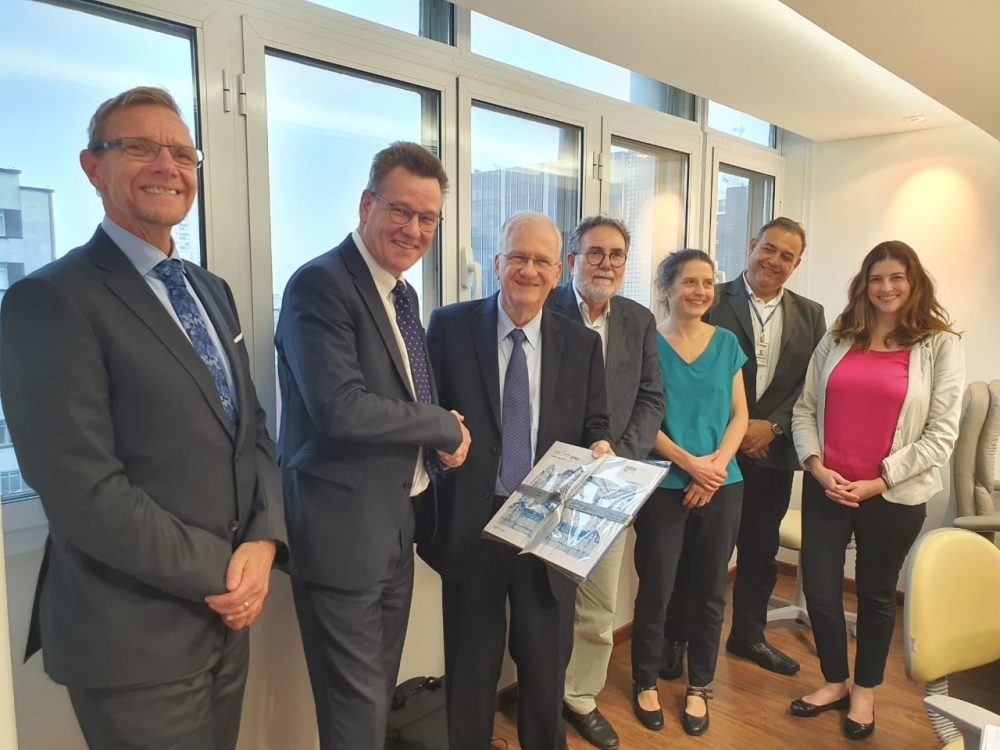
Representatives of the German higher education institution met with FAPESP’s senior executives to talk about their shared commitment to fostering research on sustainability.
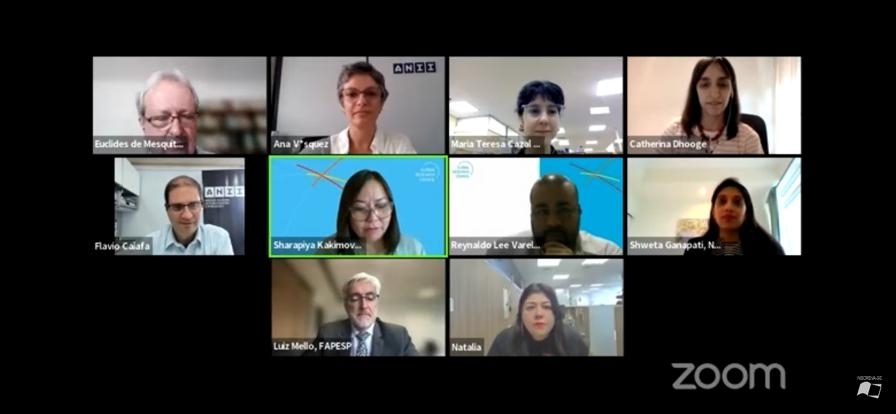
Online workshops involving 11 member organizations of the Global Research Council discussed mechanisms and tools to stimulate research partnerships across the continent.
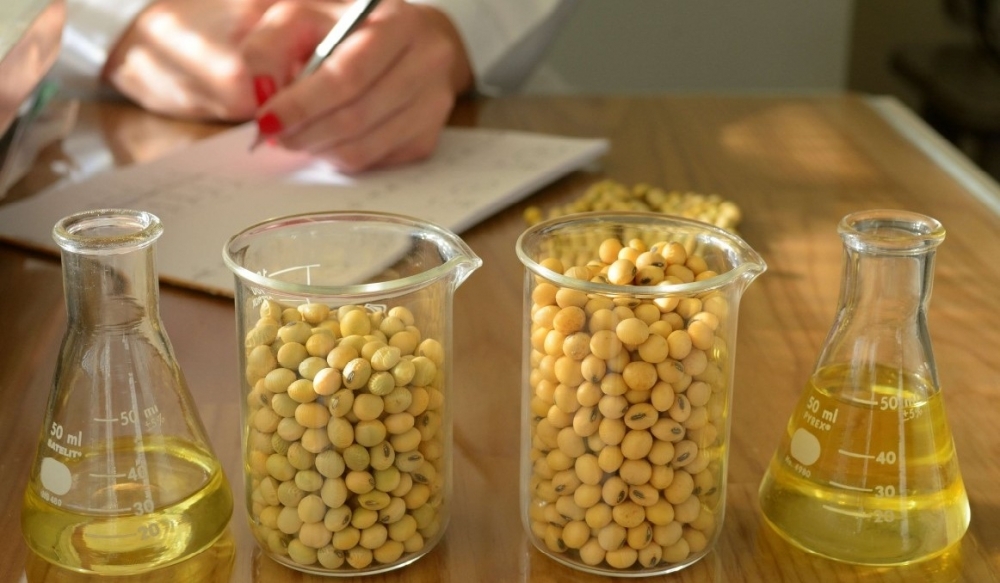
Brazilian and Dutch researchers have developed a technique for early identification of soybean genotypes that are unlikely to form green seeds, which cannot be used to produce oil.
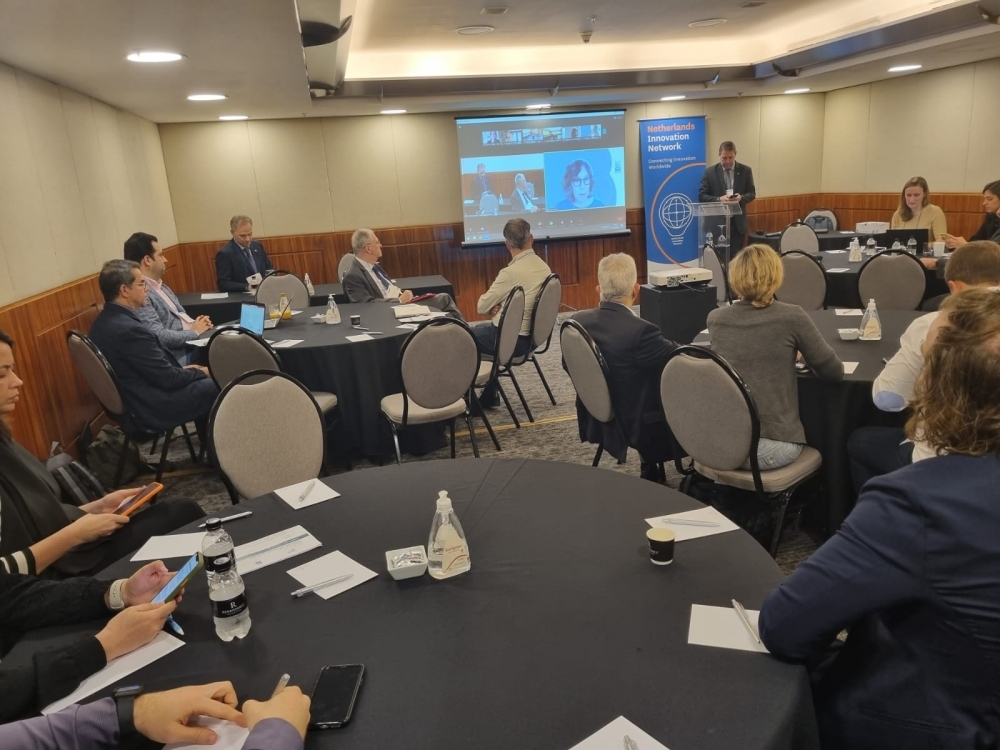
At a meeting held in São Paulo city, researchers from the Brazilian state of São Paulo and the Netherlands described their work on the development of prosthetics and other implantable biomaterials. FAPESP will invest BRL 15.2 million to fund the projects selected in the call.

For the next five years, Euclides de Mesquita Neto will be responsible for coordinating the activities of the GRC, which connects more than 60 research funding agencies on all continents.
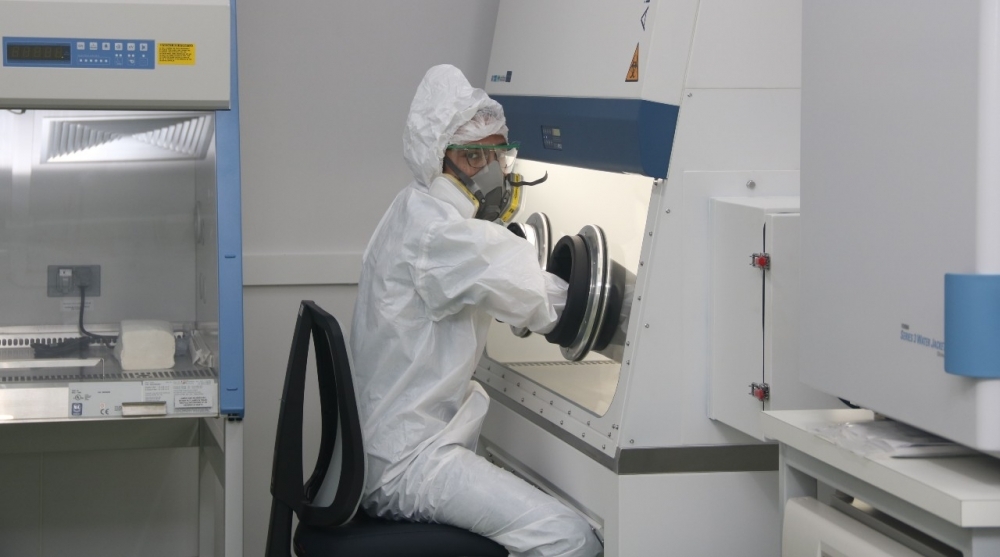
The agreement was signed between the University of São Paulo, the state government and Pasteur Institute at an event held to celebrate the 200th anniversary of Louis Pasteur’s birth and FAPESP’s 60th anniversary. FAPESP renewed and expanded its support for the Scientific Platform Pasteur-USP, which will host the new research unit.

A delegation from New Zealand led by Education Minister Chris Hipkins visited FAPESP to discuss new partnerships and areas of interest shared by the two countries.
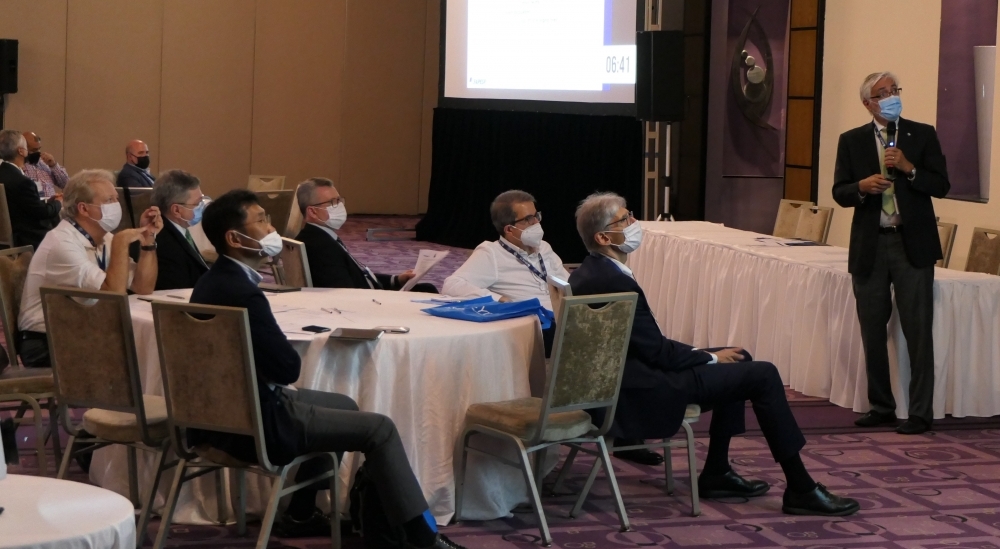
The workshop was a side event to the Annual Meeting of the Global Research Council. The need to dialogue with and learn from traditional communities, especially Indigenous peoples, was emphasized in the discussions.

Universities, research institutions and agencies of the São Paulo State Government will join forces in 15 new centers announced during a ceremony held to celebrate FAPESP’s 60th anniversary. The centers will address problems in areas ranging from human and animal health to the energy transition and climate change.
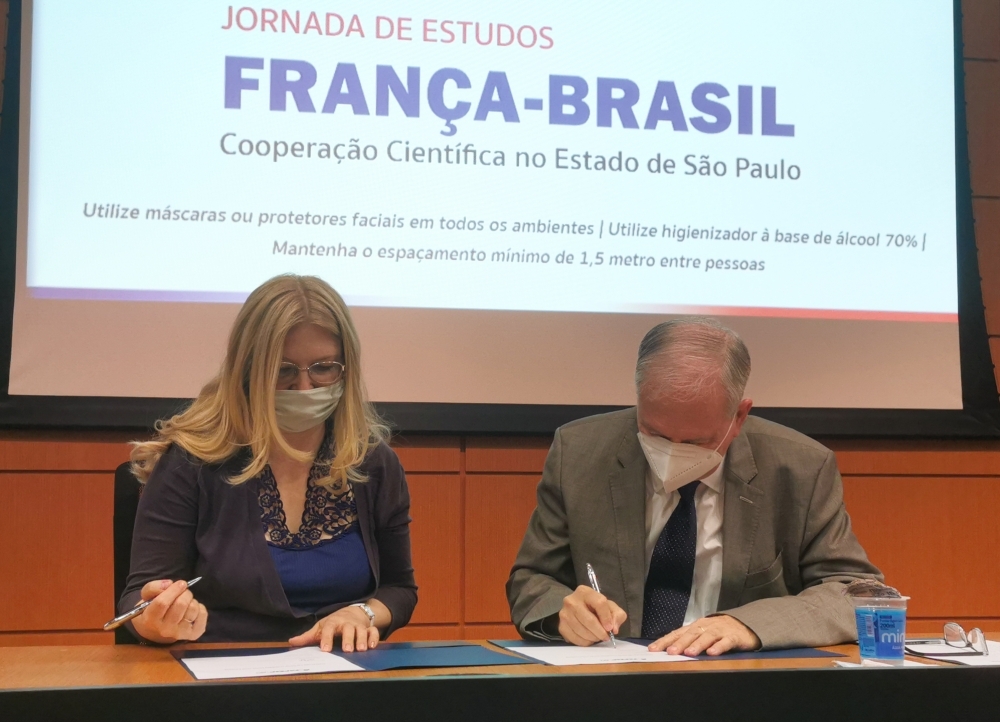
FAPESP signed an extension of its scientific cooperation agreement with CNRS and another agreement to fund young researchers’ projects in biomedical sciences conducted at the Pasteur-USP Science Platform.
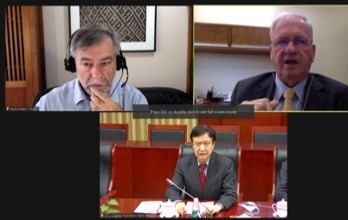
A workshop held by FAPESP and NNSFC featured scientists from China and São Paulo presenting research projects with potential for partnership.
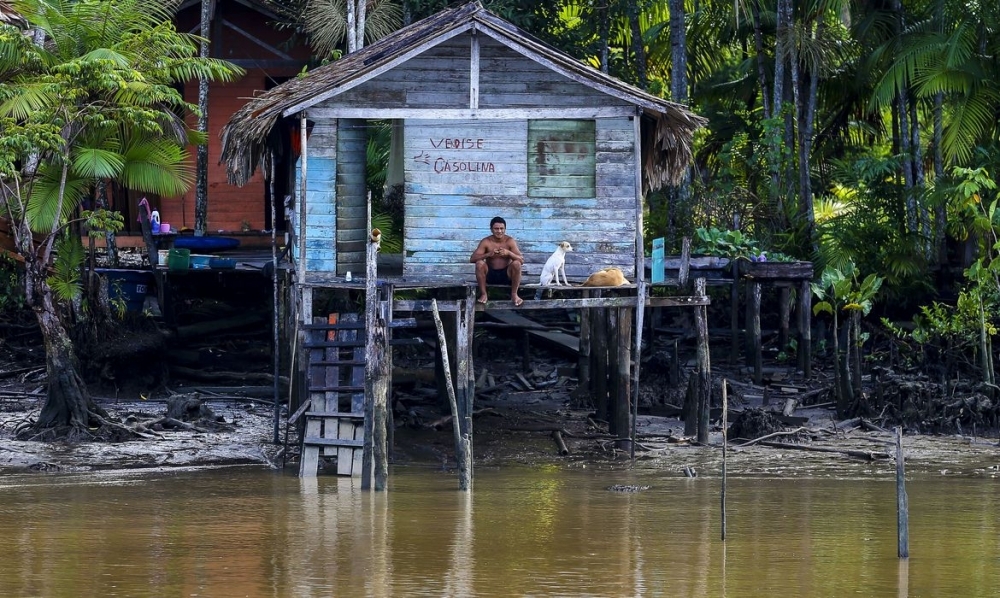
The launch was announced during COP26 at an event attended by São Paulo State Governor João Doria.
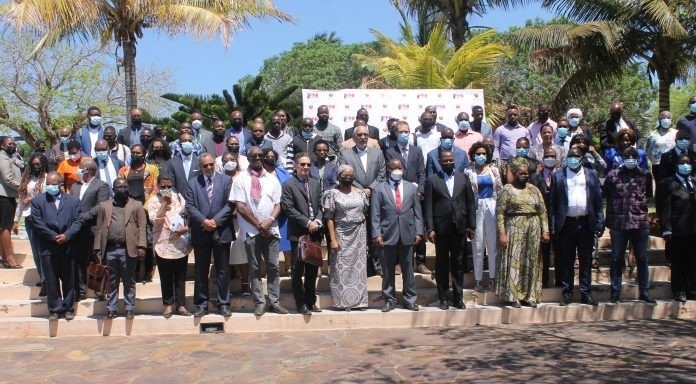
The event was attended by undergraduates and graduate students from Mozambique, Brazil, Colombia, Cuba and Portugal.
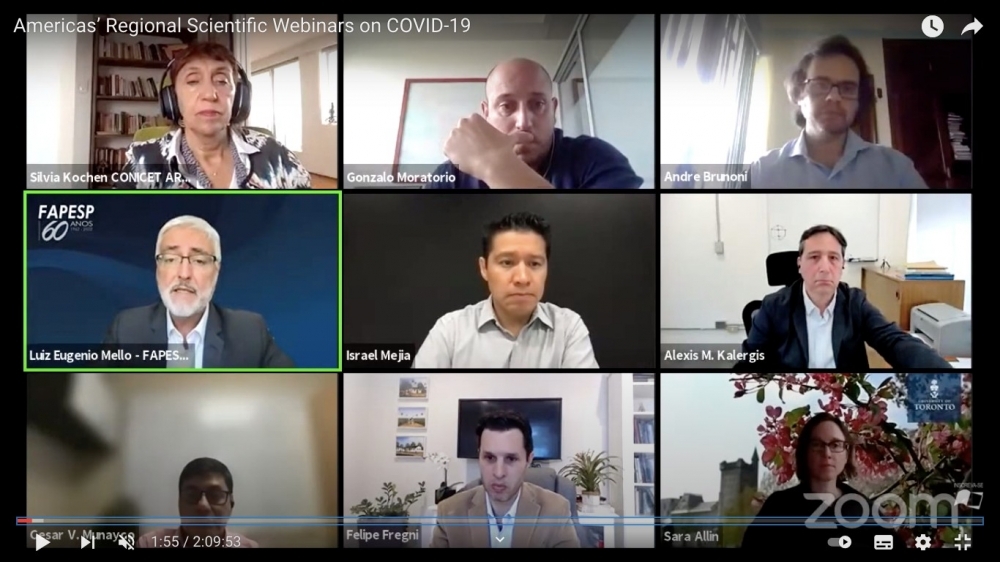
The event was the first of a series of three online seminars organized by FAPESP in partnership with sister agencies in Paraguay and Argentina, under the aegis of the Global Research Council (GRC), with the aim of providing opportunities for an exchange of experiences and cross-border collaboration.

Benjamin List, who worked with a Brazilian researcher supported by FAPESP, won the prize for developing a cheap and eco-friendly class of catalysts.
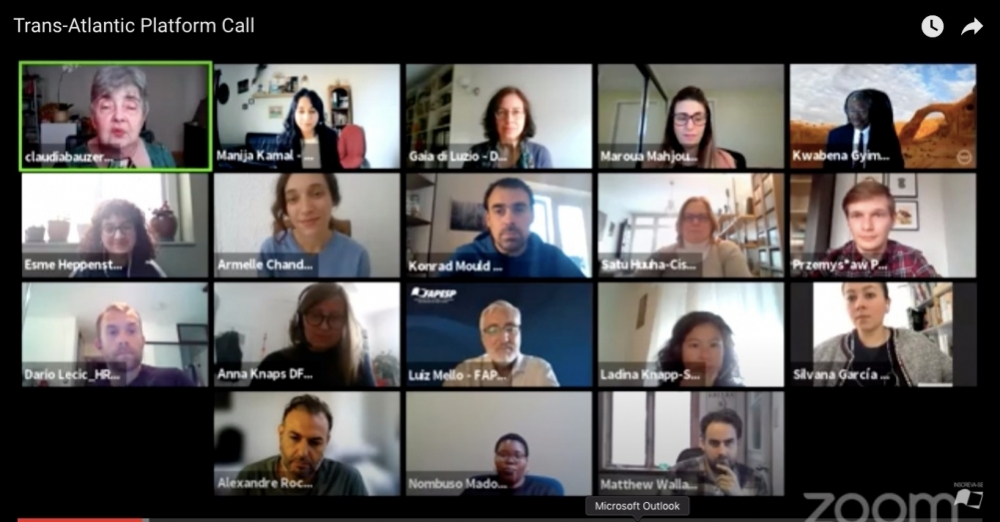
The call aims to advance knowledge of the societal effects of the COVID-19 pandemic and solutions to mitigate them. The submission deadline is July 12. Eligibility checking ends June 14.

Strategies to increase funding for action-oriented research that helps make societies and economies more resilient, equitable and sustainable were the focus for the Second Global Forum of Funders, held online on April 26-28.

A total of BRL 18.5 million will be allocated to funding for collaborative projects by researchers in the state of São Paulo with colleagues in other countries. Proposals must be submitted not later than July 10.

Brazilians are working in more than 60 scientific fields in over 50 German cities. An online event hosted by the Brazilian Embassy in Berlin featured researchers and representatives of institutions.

There is no universally adopted system or standard for collecting, documenting and sharing the massive amount of data from research on the disease, noted an expert who took part in the Second Latin American and Caribbean Scientific Data Management Workshop.

Open-access atlas created by researchers at the University of Campinas provides information on 2,176 human and 3,277 mouse housekeeping genes that can be used as calibrators in experiments designed to measure variations in gene expression.

Fast-track project selection and the capacity to make efficient use of resources and cross-border partnerships have made funders fundamental to the response to the challenges of COVID-19 in the Americas, according to participants in the GRC’s regional meeting.
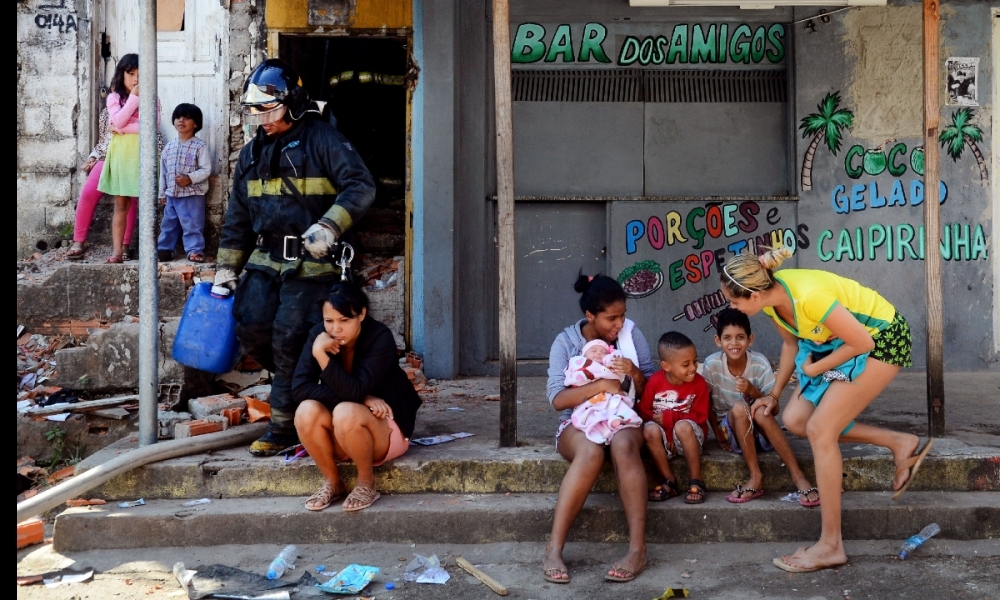
Roadmap proposes 25 research priorities in strategic areas to build a more equitable, resilient and sustainable future.

In an online seminar held by FAPESP, researchers from France, the US and Brazil discussed how data repositories can be made secure and easily accessible to accelerate the development of responses to the pandemic.